The Need for Online Protection
5 Mins Read
Published on: 30 October 2021
Last Updated on: 30 November 2024
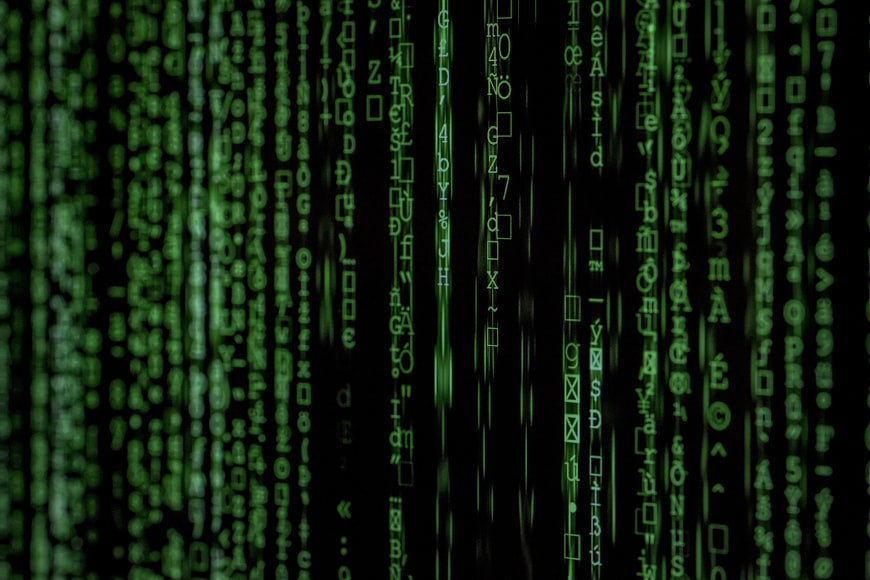
toc impalement
As practically everything switches to the online digital sphere, the rates of cybercrime have increased. In 2018 a survey in the US found that 32.7% of US citizens had their email or social media hacked and 14% of respondents said they experienced hacking twice.
As we make more online purchases we input valuable information such as our email address, credit or debit card details, house address, etc. which makes us especially vulnerable to hackers who can commit identity theft.
Scary right? Indeed it is. However, things need not be all doom and gloom as you can take several measures to improve your cybersecurity and thereby reduce your chances of becoming the victim of a cybercrime. And luckily the measures are not too hard so do not worry about not being tech-savvy enough to implement them.
Don’t have the time to look up the security steps you can take? No worries because we have got you covered with this list of key ways to protect yourself online:
1. Back Up Your Data Regularly
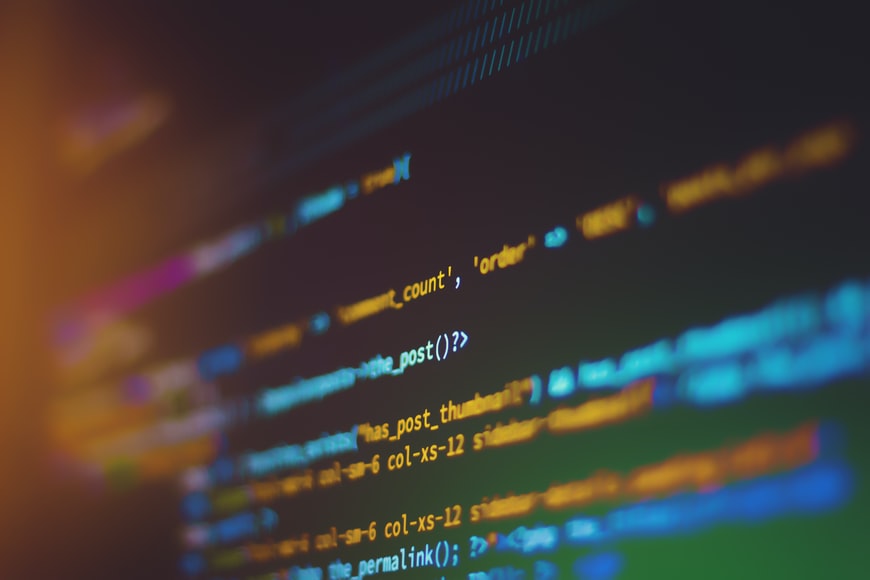
Hackers may try to steal your data by using malware and one such example of malware is ransomware. Ransomware involves a hacker stealing your data and then encrypting which leaves the data inaccessible to you. As a result, you have to pay a ransom to be able to access your data.
However, if you had backed up your data then you do not need to pay the ransom since your data is accessible via the backup. So remember while backing up your data might seem like a tedious task it can save you from an extremely stressful situation.
Related Reads: 7 Things to Know About Encryption, Security, and Privacy Keys
2. Public Wi-Fi Is Not Safe
A lot of times you might be at Starbucks or stop by at the cute neighborhood café with your laptop or phone. You may then decide to surf the net using the public Wi-Fi and while browsing you may suddenly find out that there is a sale at HnM or Zara.
As a result, you quickly begin online shopping and enter your personal and financial information during the checkout process. Next thing you know soon you find your account has been hacked. What happened? Well to simplify things, public Wi-Fi networks are never as secure as your private networks since they give access to multiple people on the same network.
You should either avoid using a public Wi-Fi network when dealing with sensitive information or you should use a VPN. A VPN helps keep your data safe as it encrypts all the data sent and received by you.
3. Stranger Danger
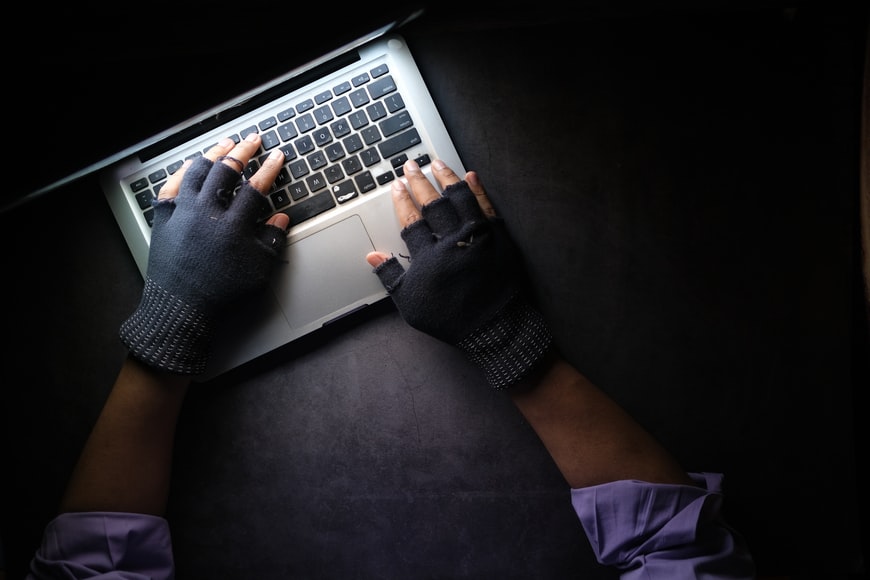
That’s right stranger danger no longer applies to physical danger only. You have got to be very careful about opening emails from email addresses you do not know.
While most people think it is okay to open the email as long as you have not opened the attachment, you should know that certain phishing emails can do all the damage they need simply by opening the email. This is because drive-by downloads do not need your permission to be downloaded thereby infecting your hard drive with malicious malware.
4. Automatic Updates
I know I know. Updates can seem like such a pain. You want to use an app or a browser and the next thing you know it is unusable because it is stuck in an update.
But as frustrating or annoying as updates might seem, they not only improve your browser’s, app’s, or software’s performance and fix bug issues but even fix any identified security loopholes. Plus with CenturyLink internet installing those updates won’t even take too long. Therefore, if you are too lazy to remember to update apps yourself you should set up automatic updates for your applications etc.
5. Password Strength
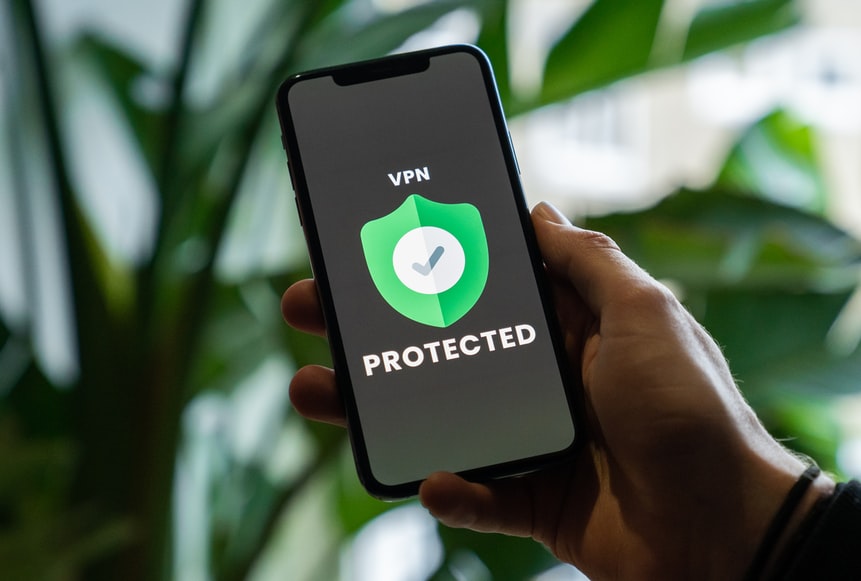
This one might seem like a real no-brainer, but you will be surprised by the kind of obvious passwords people keep. Do not keep simple passwords like “12345678” or passwords based on you and your partner’s birthdays; also do not keep passwords based on your children’s birthday either as these are all quite easy to hack.
In fact, the best kind of password is one that might consist of symbols, numbers, and short phrases or abbreviated sentences rather than a single word. Also do not keep the same password for multiple accounts as doing so makes all your accounts vulnerable once a hacker has figured out just one password.
Find it hard to keep remembering the passwords for multiple accounts? Do not worry because you can always use a password management tool. This tool will store the passwords for all your accounts, as well as help, generate very strong passwords for you.
We have all been at that point where we start running out of material to make passwords which is what makes this tool extra handy. The only thing you need to remember is the master password to access your password management tool. But then again remember one tough password is better than remembering multiple tough ones. In addition to this measure when it comes to password protection it is also a good idea to change your passwords regularly, i.e., after every few months.
6. Two-Factor Authentication
Sometimes when you check out the security settings for your account such as Gmail you will find an option to enable two-factor authentication. It is highly recommended you turn on this feature as doing so will ensure greater security?
So how does two-factor authentication work? It is pretty simple. When you log in to your account by entering your username or email ID and password a number or code gets sent to you via text message. You then enter the code received which acts as a verification of your identity and login to your account.
Please note that in most cases to activate two-factor authentication you will need to add your phone number to your account. For this reason, it is also critical that you remember to update your phone number in case it changes since it is part of the means of verifying your identity.
In Closing
There are multiple security threats that we as users of the internet face. Consequently, it is important to educate yourself and your family about the measures above so they can enhance their online security.
Read Also:
















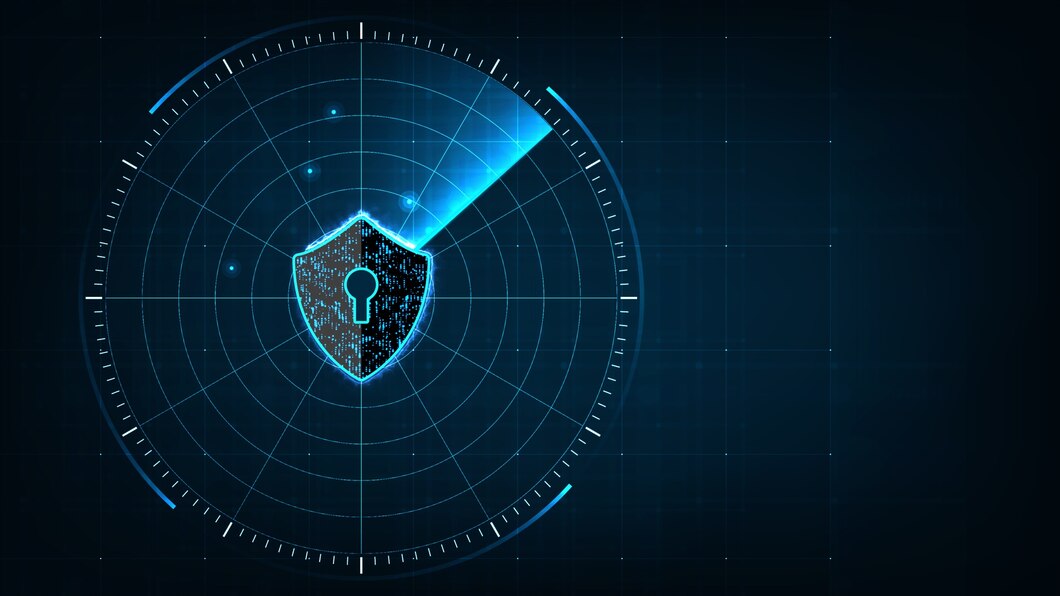
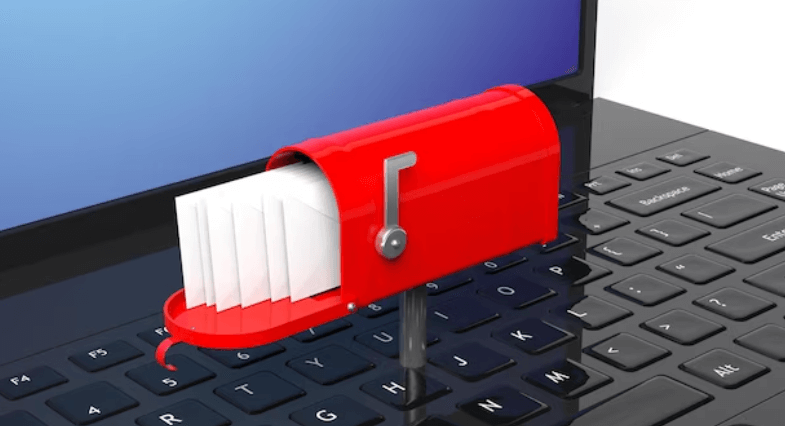
Comments Are Closed For This Article